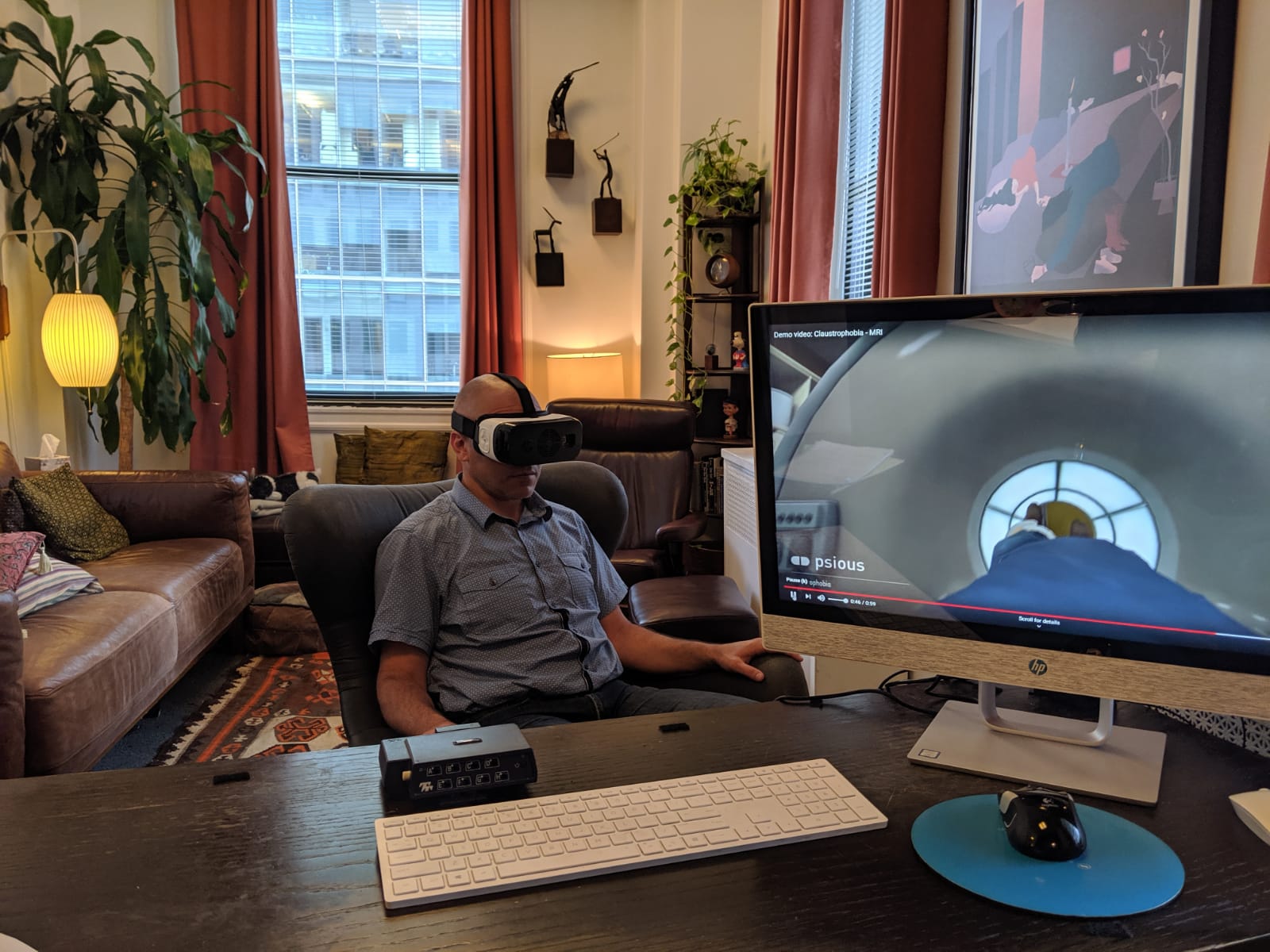
Fear is a human character. Every person has things he or she fears. It is a natural human emotion designed to alert us to danger in our environment. However, if you find yourself reacting with extreme fear or anxiety to objectively safe situations and objects, you may be experiencing phobia.
It’s important to note that feeling fear is not the same as having a phobia. Phobias are often incredibly disruptive to a person’s mental health and may impact their daily lives. Hence, if you are experiencing such, there are professional phobia treatment therapists in New York who can help you.
When a Phobia May Be Getting Out of Hand
How will you know when fear is a phobia? There are general signs that you can watch out for to determine whether or not your phobias has gotten out of hand. These are:
- Your fear is almost instantaneous and manifests in an extreme fashion when you are exposed to the feared object (if the feared object or situation is unavoidable).
- You actively avoid objects or situations that you fear with high anxiety.
- You experience significant mental distress and/or other areas of your life like work, school or relationships are significantly impacted.
When you experience these signs in your life, and especially when they are coming up more often, it could be an indicator that you should see a phobia treatment therapist who can give you the appropriate support and treatment.
Remember that a phobia rarely gets better on its own. It can get more severe and have a devastating impact on your life if left untreated.
Specific Phobia Categories
The Diagnostic and Statistical Manual of Mental Disorders (DSM), a guidebook widely used by mental health professionals in the United States in the diagnosis of many mental health conditions divides specific phobias into five broad categories:
- Animals such as a fear of spiders, dogs, or bugs
- The natural environment, such as heights or thunderstorms
- Blood, injury, and injection, such as a fear of needles or medical procedures
- Situational, such as a fear of flying or riding in elevators
- Others, such as a fear of vomiting or choking
These specific phobias can emerge at any age, but usually, start in childhood or adolescence where the symptoms can be lifelong.
The Best Treatment for Specific Phobia
According to Mayoclinic, the best treatment for specific phobias is a form of psychotherapy called exposure therapy. A phobia treatment therapist in New York can understand the cause of your phobia but focuses on how to treat the avoidance behavior that has developed over time.
As the process treats one specific phobia at a time, phobia treatment therapy aims to:
- Improve the quality of your life so that you are no longer limited by your phobias
- Help you learn how to better manage and relate to your reactions, thought, and feelings
- Reduce and even diminish your feelings of anxiety or fear so that they will no longer take control of your life
Psychotherapy
A phobia treatment therapist in New York will help you manage your specific phobia through these most effective treatments reported by Mayoclinic:
- Exposure therapy
Exposure treatment is usually included with Cognitive-behavioral therapy (CBT). In this type of psychotherapy, the phobias therapist generally guides the patient toward gradual real or virtual exposure to the object or situation feared. You can also be asked to do some relaxation exercises.
Being gradually exposed to the object or situation that you fear can help you manage all the thoughts, feelings, and sensations that are related to your phobia.
- Cognitive-behavioral therapy (CBT)
A leading approach for treating specific phobia disorder is CBT. Interventions in this type of approach include helping change the thinking and behaviors that cause distress in specific situations. CBT emphasizes learning to develop a sense of mastery and confidence with your thoughts and feelings so that you will not be overwhelmed by them.
Exposure therapy is combined with other techniques so that you can learn ways to view and cope with the object or situation that you fear. Your phobia treatment therapist will teach you alternative beliefs about your fears and bodily sensations and the impact they’ve had on your life.
What to Expect in a Phobia Treatment Therapy
If you have made the decision to seek out treatment for your specific phobia, make sure that you reach out to a professional who has had experience or expertise in treating phobias. This will assure you that you will be given the best help on your path towards recovery.
